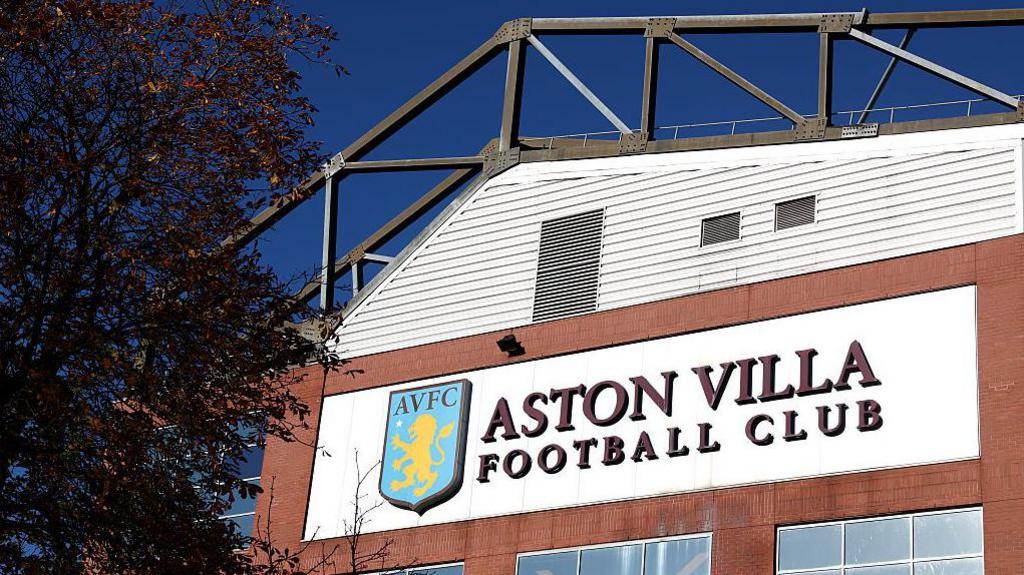Donald Trump's sweeping use of tariffs in the first nine months of his second term was sharply questioned during oral arguments before the Supreme Court on Wednesday.
Chief Justice John Roberts, and justices Amy Coney Barrett and Neil Gorsuch – three conservative jurists considered swing votes in this case - peppered US Solicitor General John Sauer, representing the president's administration, during his more than 45 minutes before the court.
They were joined by the court's three liberal justices, who also expressed scepticism about whether federal law – and the US Constitution – give the president authority to unilaterally set tariff levels on foreign imports.
"The justification is being used for power to impose tariffs on any product from any country in any amount, for any length of time," Roberts said.
If the court ruled for Trump in this case, Gorsuch wondered: "What would prohibit Congress from just abdicating all responsibility to regulate foreign commerce?"
He added that he was "struggling" to find a reason to buy Sauer's arguments.
The case centres around a 1977 law, the International Emergency Economic Powers Act (IEEPA), that Trump's lawyers have said gives the president the power to impose tariffs. Although the Constitution specifically vests Congress with tariff authority, Trump has claimed that the legislature delegated "emergency" authority to him to bypass longer, established processes.
Sauer asserted that the nation faced unique crises – ones that were "country-killing and not sustainable" - that necessitated emergency action by the president. He warned that if Trump's tariff powers were ruled illegal, it would expose the US to "ruthless trade retaliation" and lead to "ruinous economic and national security consequences.
Trump first invoked IEEPA in February to tax goods from China, Mexico and Canada, saying drug trafficking from those countries constituted an emergency.
He deployed it again in April, ordering levies from 10% to 50% on goods from almost every country in the world. This time, he said the US trade deficit - where the US imports more than it exports - posed an "extraordinary and unusual threat".
Those tariffs took hold in fits and starts this summer while the US pushed countries to strike "deals".
Lawyers for the challenging states and private groups have contended that while the IEEPA gave the president power to regulate trade, it made no mention of the word "tariffs"
Neil Katyal, making the case for the private businesses, said it was "implausible" that Congress "handed the president the power to overhaul the entire tariff system and the American economy in the process, allowing him to set and reset tariffs on any and every product from any and every country, at any and all times."
He also challenged whether the issues cited by the White House, especially the trade deficit, represent the kind of emergencies the law envisioned.
Suppose America faced the threat of war from a "very powerful enemy", Samuel Alito - another conservative justice – asked. "Could a president under this provision impose a tariff to stave off war?"
Katyal said that a president could impose an embargo or a quota, but a revenue-raising tariff was a step too far.
For Sauer, this was a false choice. Presidents, he said, have broad powers over national security and foreign policy – powers that the challengers want to infringe on.
A key question could be whether the court determines whether Trump's tariffs are a tax.
Several justices pointed out that the power to tax – to raise revenue – is explicitly given to Congress in the Constitution.
Sauer's reply was that Trump's tariffs are a means of regulating trade and that any revenue generated is "only incidental".
Of course, Trump himself has boasted about the billions his tariffs have generated so far and how essential this new stream of funding is to the federal government.
Treasury secretary Scott Bessent, who attended the hearing, made no comment when asked by the BBC what he thought of the hearing. Secretary of Commerce Howard Lutnick, also in court, flashed a thumbs-up.
US Trade Envoy Jamieson Greer was in court, along with Minnesota Senator Amy Klobuchar, who said outside after arguments, that she was "hopeful" based on the questions asked that the court would overturn the tariffs.
"I thought they were very good questions," she said, describing tariffs as an "unconstitutional power grab" by the president.
If a majority of the Supreme Court rules in Trump's favour, it will overturn the findings of three lower courts that already ruled against the administration.
The decision, no matter how it works out, has implications for an estimated $90bn worth of import taxes already paid - roughly half the tariff revenue the US collected this year through September, according to Wells Fargo analysts.
Trump officials have warned that sum could swell to $1tn if the court takes until June to rule.
During oral arguments, Barrett grappled with the question of reimbursing such revenue, wondering if it would be a "complete mess".
Katyal responded by saying that small businesses might get refunds, but bigger companies would have to follow "administrative procedures". He admitted that it was a "very complicated thing".
In remarks on Wednesday, press secretary Karoline Leavett hinted that the administration already is looking at other ways to impose tariffs if the Supreme Court rules against them.
"The White House is always preparing for Plan B," she said. "It would be imprudent of the president's advisors not to prepare for such a situation."











